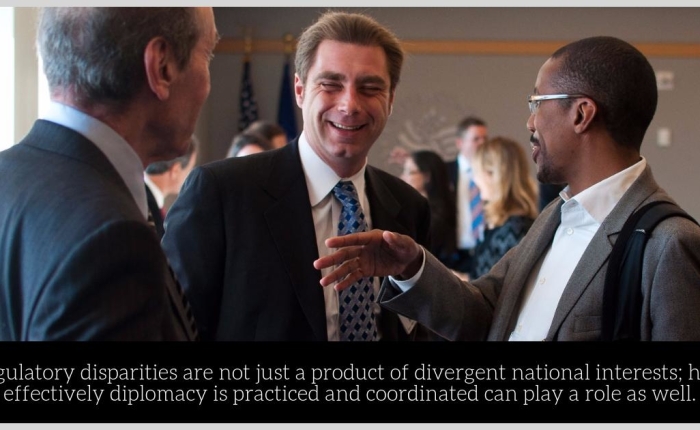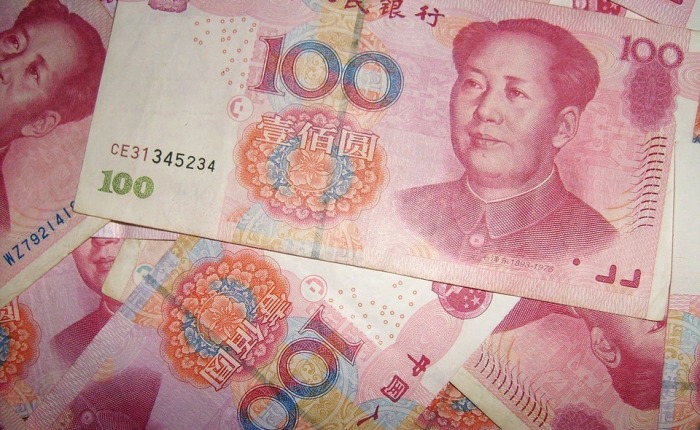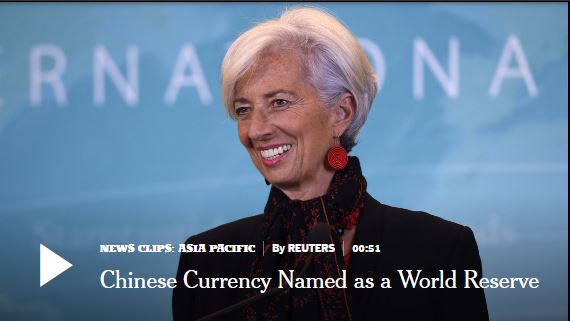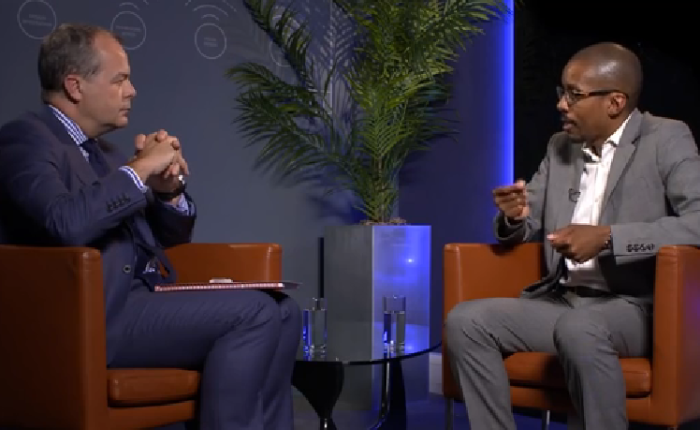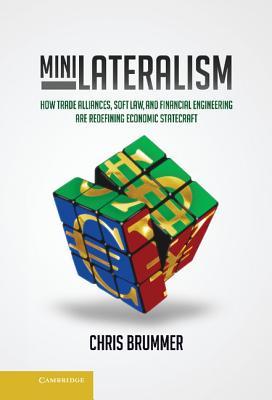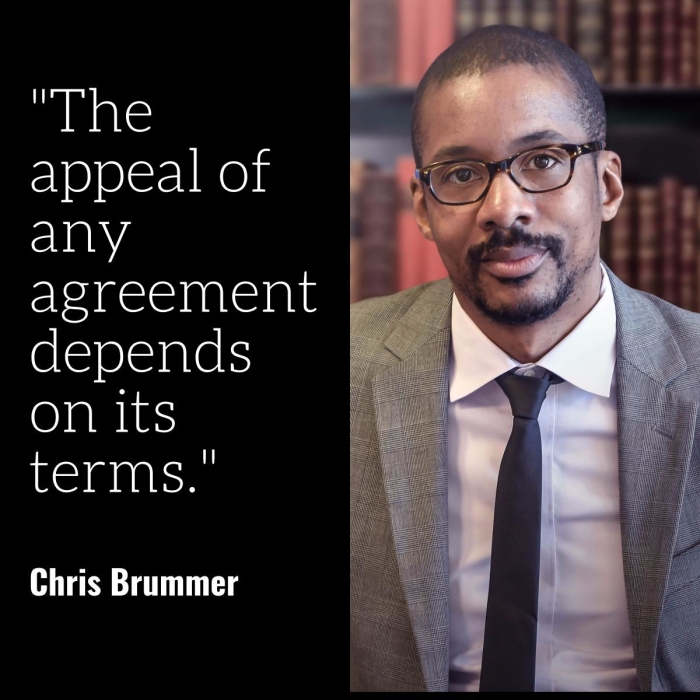 Congratulations to my colleague David Cole, who has been named the new national legal director for the American Civil Liberties Union.
Congratulations to my colleague David Cole, who has been named the new national legal director for the American Civil Liberties Union.
Regulatory Disparities
Regulatory disparities are not just a product of divergent national interests; how effectively diplomacy is practiced and coordinated can play a role as well.
SOURCE: Getting to Yes on Transatlantic Financial Regulation
Rise of Renminbi Gives Countries Banking Choices
As the renminbi rises, countries will have more choices about where they do their banking — and how to potentially circumvent sanctions.
SOURCE: The New York Times
For an in-depth analysis, see Renminbi Ascending: How China’s Currency Impacts Global Markets, Foreign Policy, and Transatlantic Financial Regulation
The Cookbook of the Renminbi
When you really want to think seriously about trust and credibility in a currency, you have to think about the market ecosystem supporting that currency—and the regulatory ecosystem supporting that currency.
More at Thomson Reuters
Georgetown Law 2016 Report on the State of the Legal Market
The Center for the Study of the Legal Profession at the Georgetown University Law Center and Thomson Reuters Peer Monitor have published their 2016 Report on the State of the Legal Market covering the dominant trends impacting the legal market in 2015 and key issues likely to influence the market in 2016 and beyond.
We Have Plenty of History Ahead of Us
Perhaps not surprisingly, pessimists have tended to dominate the punditry in recent years.
For Parag Khanna, in today’s globalized world, “islands of governance” tend to drive policy, as copposed to cogent global statecraft. Far from being connected, the world is “never more than a hair’s length away from the symptoms of medievalism” — a disagreeable disease of “economic chaos, social unrest…and wild expenditures.”
For Fareed Zakaria, the problems is even more basic, as the rise of emerging markets has made the world so complicated that it is impossible for countries to even articulate “grand strategies,” or rules of thumb, for the conduct of their foreign affairs, economic or otherwise. Indeed the very “doctrinal approach” to foreign policy, in which countries articulate guiding principles of foreign policy, “doesn’t make much sense anymore. In today’s multipolar, multilayered world, there is no contral hinge upon which all…foreign policy rests. Policymaking looks more varied, and inconsistent, as regions require approaches that don’t necessarily apply elsewhere.” International cooperation will thus have to do increasingly without single one-shot proclamations of national interests that explain state behavior. Fukuyama was wrong — we have plenty of history ahead of us.
Inconsistency is, of course, in the eye of the beholder, but Zakaria’s basic hunch is correct: ultimately, more varied approaches are not only common but also required in today’s post-American world. Yet there are limits to how far the observation holds. Whatever its challenges, the increasing multipolarity of the international system is actually leading to more, not less, institution building and cross-border cooperation. But cooperation is arising very differently than it did in the past.
Excerpted from Minilateralism: How Trade Alliances, Soft Law and Financial Engineering are Redefining Economic Statecraft by Chris Brummer
